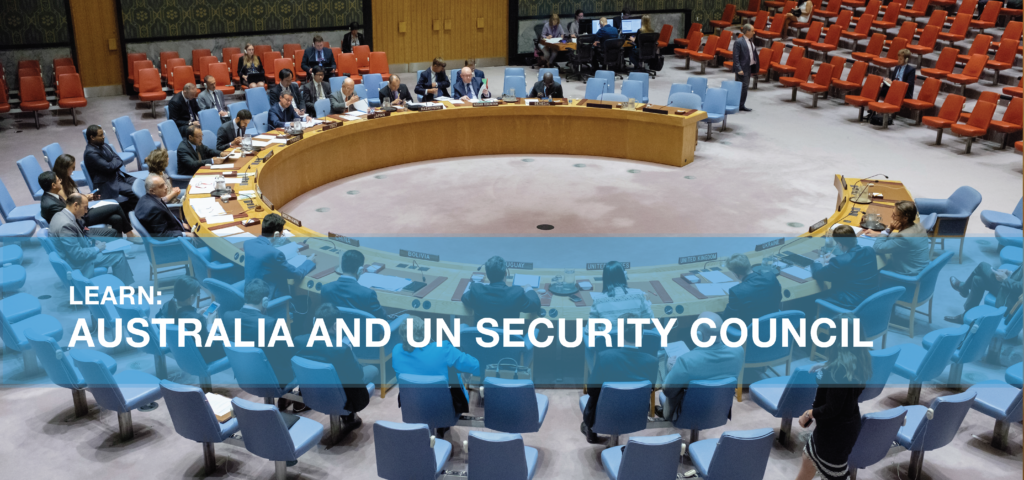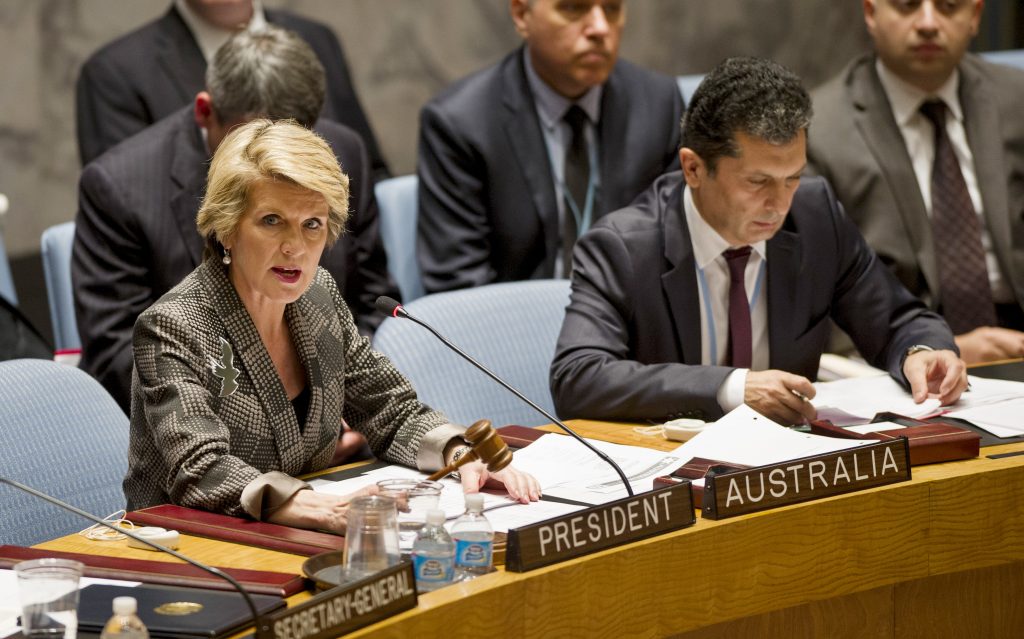
The United Nations Security Council is the most powerful body of the United Nations. The Security Council can authorise the deployment of troops from United Nations member countries, mandate cease-fire during a conflict, and can impose economic penalties on countries. The United Nations Security Council is composed of representatives from fifteen member countries. Five of the Security Council members are permanent members: the United States, United Kingdom, China, Russia, and France.
Each of the five permanent members of the Security Council has veto power over any matter voted upon by the Security Council. This means that all five permanent members of the Security Council must agree to endorse any measure for it to pass. Nonetheless, the Security Council has passed more than 1700 resolutions since its founding in 1946.
The remaining ten non-permanent members of the total membership of fifteen countries are chosen based on various regions of the world. Almost every United Nations member country is a member of a regional grouping. The United States and Kiribati are the two countries which are not members of any group. Australia, Canada, Israel, and New Zealand are all part of the Western European and Others Group.
The ten non-permanent members serve two-year terms and half are replaced each year in annual elections. Each region votes for its own representatives and the United Nations General Assembly approves the selections.

Australia has been a member of the UN Security Council on five occasions: 1946–47, 1956–57, 1973–74, 1985–86 and 2013-2014. Australia played an important role in drafting the articles of the UN Charter that deal with the Security Council, arguing against allowing permanent members a veto power. Australia held the first Presidency of the Security Council in 1946 and provided the first military personnel as peacekeepers under UN auspices a year later, to Indonesia.
From 1985-86, Australia pressed for reform of the working methods of the Security Council to better reflect the modern world and ensure accessibility to small and middle-sized countries. Since then, Australia has further developed its expertise in preventive diplomacy, peacekeeping, peacebuilding and disarmament and continues to advocate for greater transparency of, and accessibility to, its deliberation.
During its 2013-2014 term (lead by Australia’s Ambassador to the UN at the time, Gary Quinlan) Australia played an important role driving the response to the Ebola crisis in West Africa, the response to the shootdown of MH17 over the Ukraine, the response to the civil crisis in Libya and the response to the Syrian conflict.